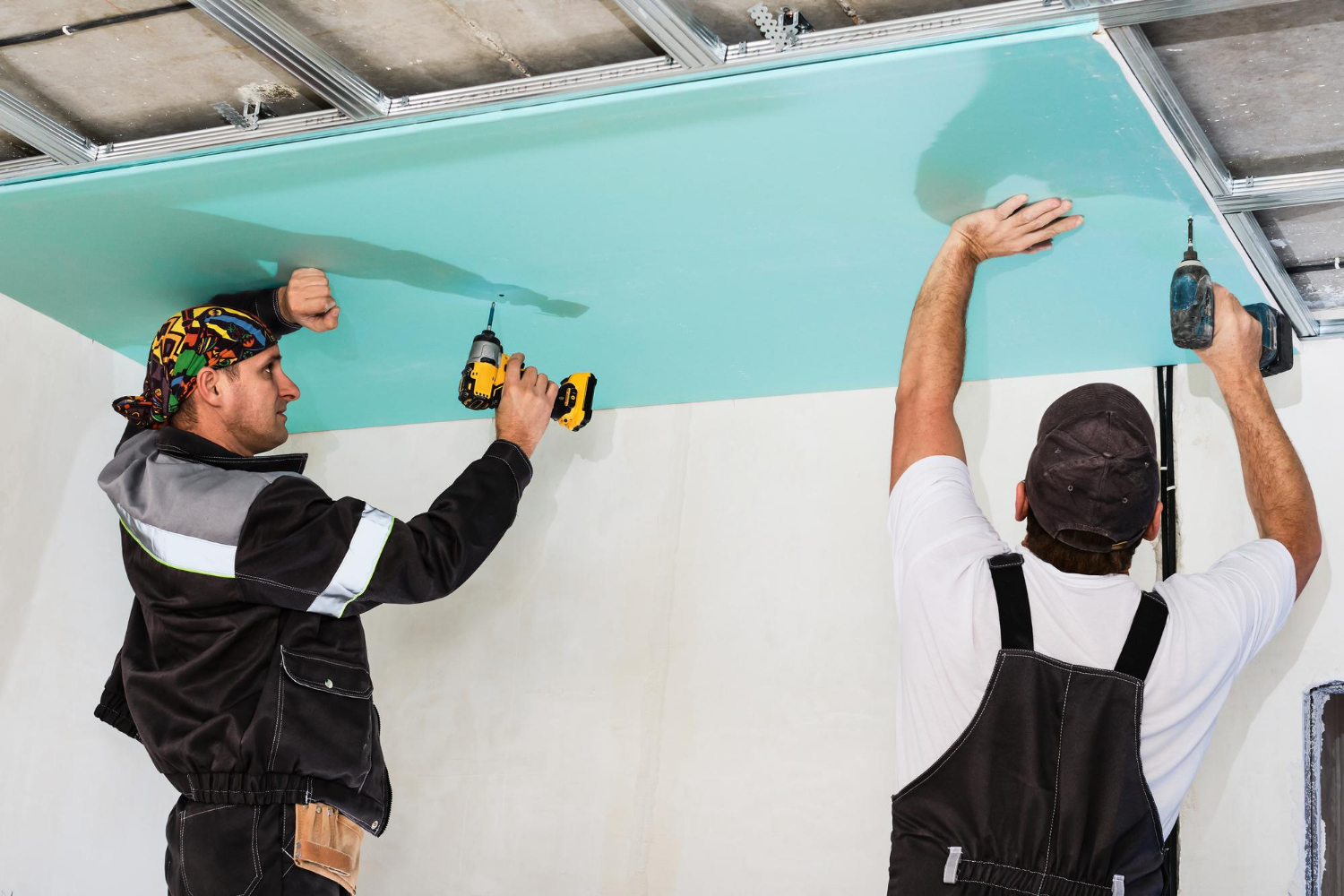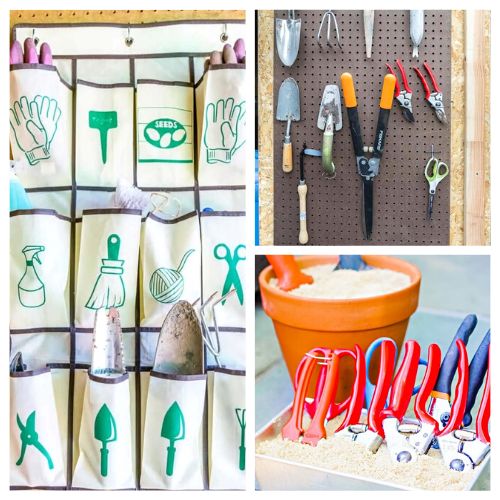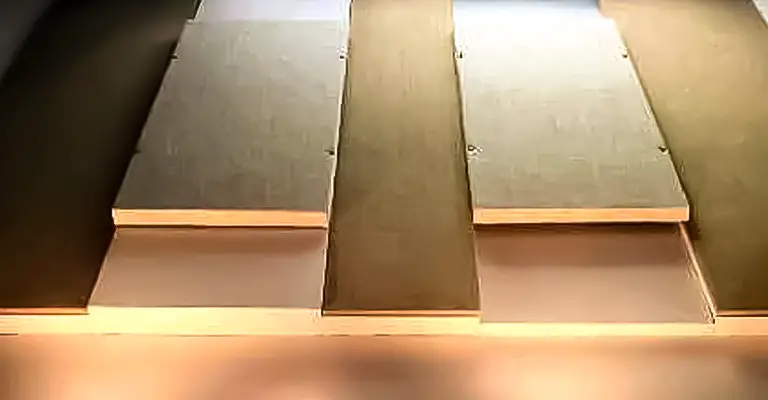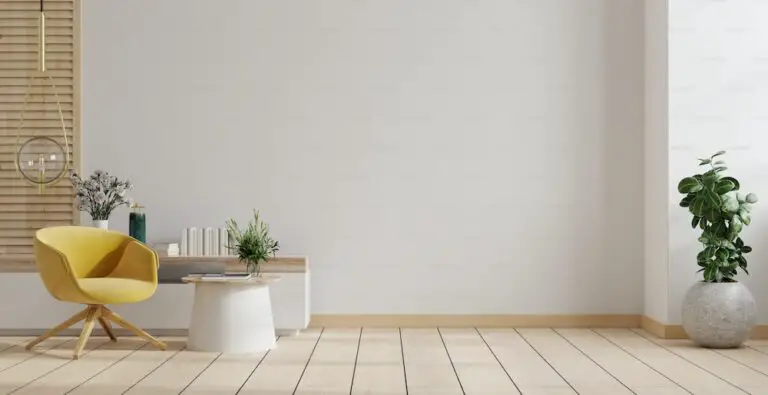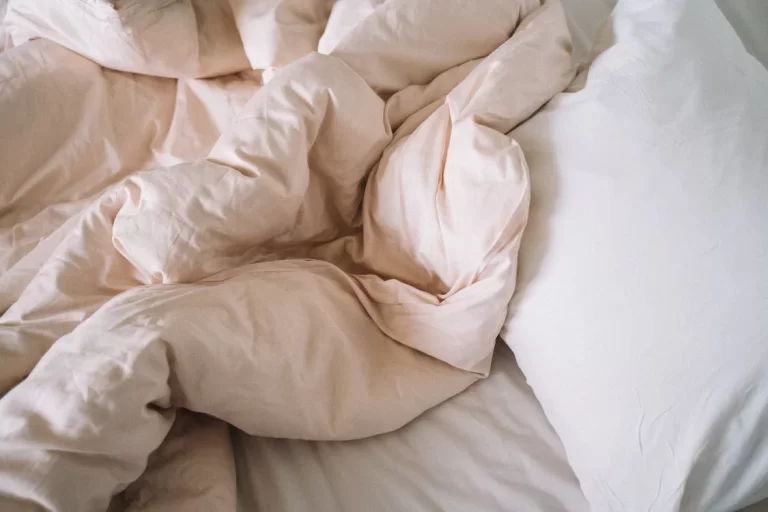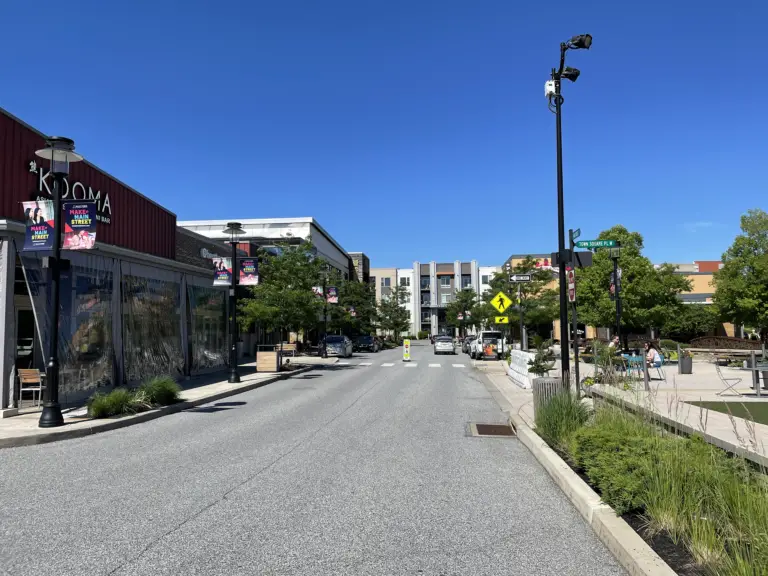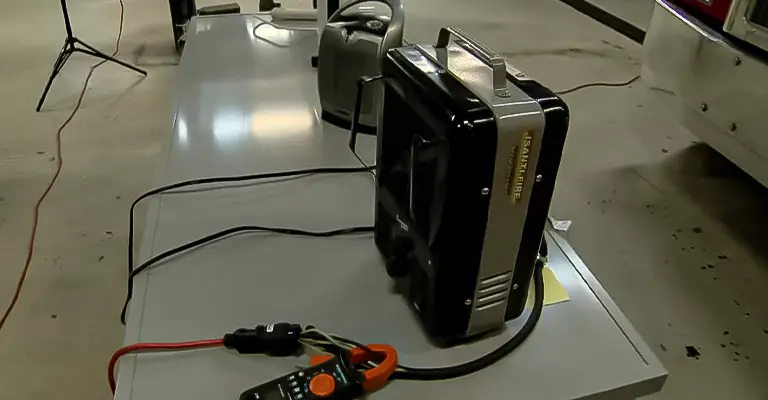Cost to Install Drywall: A Comprehensive Guide
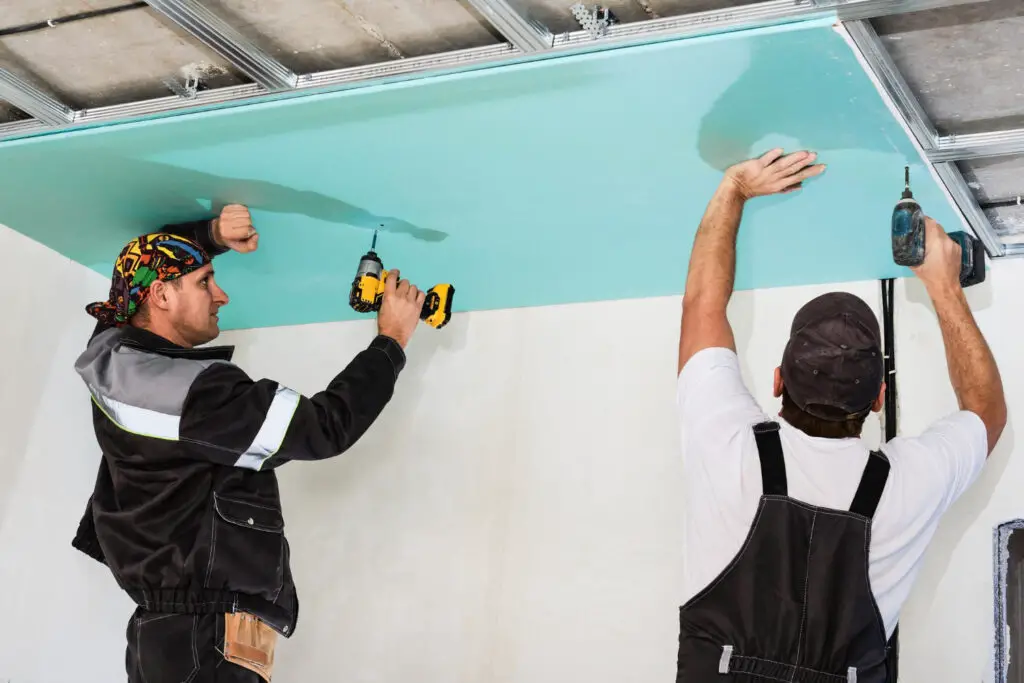
Drywall installation is a critical aspect of any construction or renovation project. Also known as sheetrock, plasterboard, or gypsum board, drywall provides a smooth surface for paint and other finishes.
Understanding the cost factors involved in drywall installation can help homeowners and contractors budget effectively. This guide will delve into the intricacies of drywall installation costs, the factors that influence them, and how you can ensure you’re getting the best value for your investment.
Factors Determining Drywall Installation Cost
A. Size of the Area
The primary cost determinant for drywall installation is the size of the area you intend to cover. Drywall sheets typically come in 4×8 feet sizes, and the number of sheets required depends on the area’s square footage.
B. Type of Drywall
There are various types of drywall available, each with a different price point:
Standard Drywall
Commonly used for most residential projects.
Moisture-Resistant Drywall
Ideal for bathrooms or basements where moisture is prevalent.
Fire-Resistant Drywall
Used in garages or shared walls in townhouses.
Soundproof Drywall
Effective in minimizing noise transfer.
C. Labor Costs
Labor constitutes a significant portion of the overall cost. The experience of the installer, region, and complexity of the job can influence labor charges.
D. Additional Materials
Joint tape, screws, mud, corner beads, and other materials are essential for a proper finish.
E. Complexity of the Job
Custom work, intricate designs, or installations in challenging spaces can raise costs.
F. Repair and Removal
If the project involves removing or repairing existing walls, expect additional charges.
Average Cost Breakdown
A. Material Costs
The average cost for a standard sheet of drywall ranges from $10 to $20. Specialty drywalls can range from $25 to $50 or more per sheet.
B. Labor Costs
Depending on the region and the complexity of the job, labor costs can vary widely. On average, professionals charge between $1 and $3 per square foot of drywall installed.
C. Other Costs
Joint compound, screws, and other finishing materials may add another $0.50 to $1 per square foot.
Given these figures, for a 12×12 foot room (roughly 480 square feet considering walls and ceiling), the total drywall installation cost can range from $700 to $2,500 or more, depending on the type of drywall chosen and regional pricing variations.
Tips to Save on Drywall Installation
A. Bulk Purchasing
If you’re working on a large project, buying drywall in bulk can yield significant savings.
B. DIY
If you’re handy and have the right tools, consider doing the installation yourself. This move can save on labor costs, though it requires time and effort.
C. Get Multiple Quotes
Always obtain multiple quotes from contractors. This helps ensure you’re getting a competitive rate.
D. Schedule During Off-Peak
Contractors might offer discounts during their slow periods, typically during late fall and winter.
Choosing the Right Contractor
While understanding the costs is essential, choosing the right contractor plays a pivotal role in the outcome of your drywall installation project. Here are some pointers to guide your selection:
A. Experience and Reputation
Look for contractors with a track record of high-quality drywall installations. Reading online reviews, asking for references, and viewing past projects can provide insights into their expertise.
B. Licensing and Insurance
Always choose a licensed contractor. This not only ensures professionalism but also protects you from potential liabilities. Insurance, on the other hand, safeguards you against accidents that might occur during the project.
C. Detailed Quotes
The best contractors provide detailed breakdowns of costs, outlining labor, materials, and other potential charges. This transparency helps you understand where your money goes and prevents unexpected expenses later on.
D. Warranty
Some contractors offer warranties on their work. This can be an indicator of the confidence they have in their craftsmanship and provides you with peace of mind.
Environmental and Health Considerations
Modern drywalls are designed with health and environmental factors in mind:
A. Eco-friendly Options
Some drywall types are manufactured using recycled materials, reducing environmental impact. If sustainability is a concern, inquire about these options.
B. Health Factors
Consider using drywalls that resist mold and mildew, especially in moisture-prone areas, to ensure a healthier living space.
Final Thoughts
Understanding drywall cost is vital for homeowners and contractors alike. When planning to hang drywall, it’s essential to consider all drywall installation cost factors. From the labor cost associated with hanging drywall to the expenses of drywall screws and potential drywall repair costs, every element contributes to the overall budget.
With the varying rates of drywall contractors and potential hidden factors like lead paint removal, homeowners often ask, “How much drywall will I need, and how much does it cost per square foot?” The answer is multifaceted. The cost to drywall a room or space depends largely on its size, complexity, and the region where the work is done.
On average, the average cost to install drywall can range widely based on these factors. Yet, with careful planning and a keen understanding of what’s involved, anyone can make informed decisions and ensure a seamless, cost-effective project outcome.

